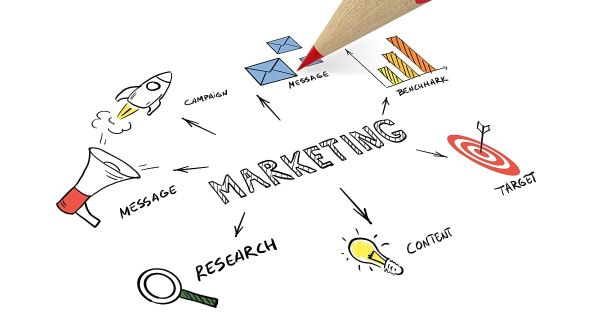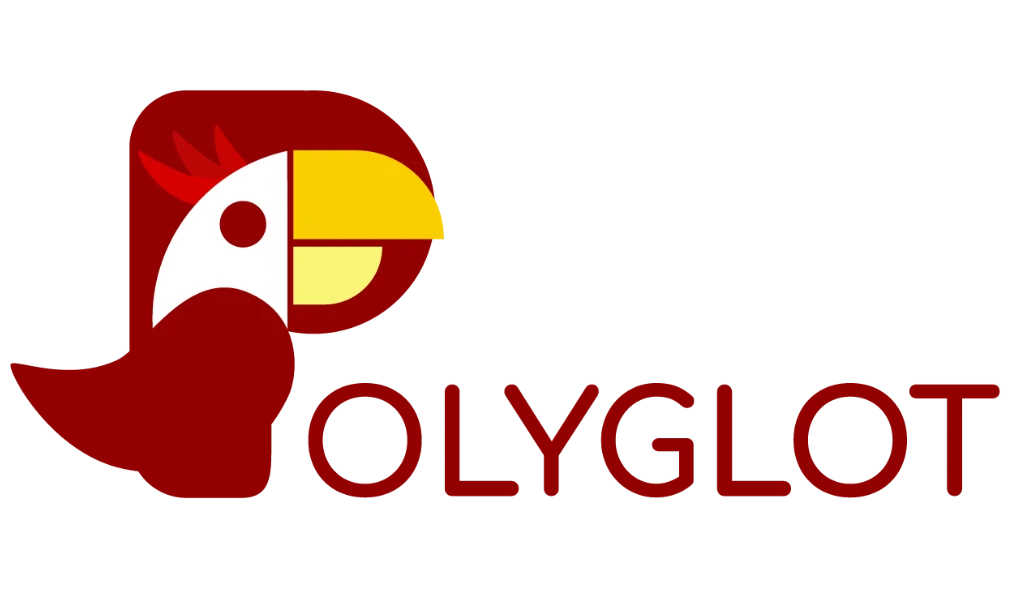Why is authentic marketing translation important? We all know that barely is enough to create a product (or service). You also are to be able to sell it! The goal of each company is to present its brand and value proposition to potential consumers in the right way. This may be achieved solely if using various means of persuasion to make the product, brand or service attractive. One of the key tools can be the creation of marketing-type texts. These are preserved not only at campaign level, but also for the long term. Especially for this reason it is so important that these texts are also produced authentically in other languages, and correctly reflecting the marketing intent. Consequently, when translating a marketing article, a website or any other content, we need to think differently and forget the average translation.
Characteristics of a marketing translation
In fact, every translation discipline has its own specialities. But marketing translation can be particularly challenging. The reason for this is very simple: translating marketing text requires a really deep understanding. It is important to perfectly convey the brand’s character, qualities and added value in another language. Even to a completely different culture.
Thus, for this type of text, it is highly preferable to pay special attention, because a well designed marketing translation can strengthen the brand’s identity on an international level, while preserving its uniqueness, too. However, if a wrong translation is produced, it is very bad even for brand perception and the international development of brand identity. One thing is for sure: a literal (or poorly phrased) translation of marketing text will almost certainly have a negative impact on the brand.
When translating in the field of marketing, it is essential not only to understand, but to really grasp the meaning of the text. The message or messages shall be conveyed accordingly. After all, by translating, we are both presenting the brand and its unique characteristics. Also giving an impression or image of the brand, which is then reflected in the consumer’s mind in the form of associations or other abstract images.
It is therefore essential to convey the source, i.e. the original message, in an emphatic and culturally acceptable way. A professional translator working on marketing texts is expected to have excellent writing skills, creativity and, of course, a perfect, up-to-date command of the language.
Here is a good contrast to illustrate how marketing translation differs from other professional translation. While a good technical translator, for example, is expected to translate as properly as possible, marketing translators need to focus on meaning, brand values and emotion, rather than on the actual, literal words and the delivery of the text.

The risks of marketing translation: what to look out for!
What makes marketing texts unique is their originality and creative development. This may shed light upon the difficulties while translating to another language. Therefore we prepared to show you some of the risks that can arise during translation:
Different cultures, different values
It is well known that different traditions and cultures may differ from region to region. A simple example of this is that we Hungarians certainly do things differently at Advent, Christmas or Easter, contrasting our immediate neighbours. In the same way, there are countless cultural differences that we do not understand, but we can learn, understand and know about. In marketing texts, cultural differences of this kind are to be found in countless ways, whether at the level of words, colours, meanings or symbols. It is important to pay attention to these! Because it can often lead to unsuccessful branding!
The time factor
Marketing text cannot be translated in a hurry. It needs to have the perfect structure and the perfect words, and that takes time.
Translation of slogans, headlines
The various slogans and headlines are carefully coined by marketing copywriters. But unfortunately these slogans and headlines often cause problems because they refer to something else or are simply “untranslatable”. There have been countless instances of funny, or lamentable, mistranslations or exceptionally badly translated headlines. These too, of course, have a place in the history of marketing…among other bad examples.
Translating humour and puns
One of the best tools to grab consumers’ attention is humour. That is the reason for many marketing texts containing humorous quips or funny phrases. But if they are translated badly, and perhaps without paying attention to cultural differences, they can be counterproductive. So it is important that the translator shall be aware of the language environment and the culture in question, down to the smallest detail. Another delicate point can be wordplay. As copywriters often play with words, especially when they have to write persuasive, easy-to-remember marketing content. After all, it is these creative linguistic devices that make advertising appealing and memorable. However, there is also a risk in terms of authenticity and meaning, because it is often impossible to translate a well-written pun authentically.

It is pivotal to stress that if you want to translate a marketing text into another language, you should always seek a professional translator for the job. This will save you time, effort and, last but not least, money.






